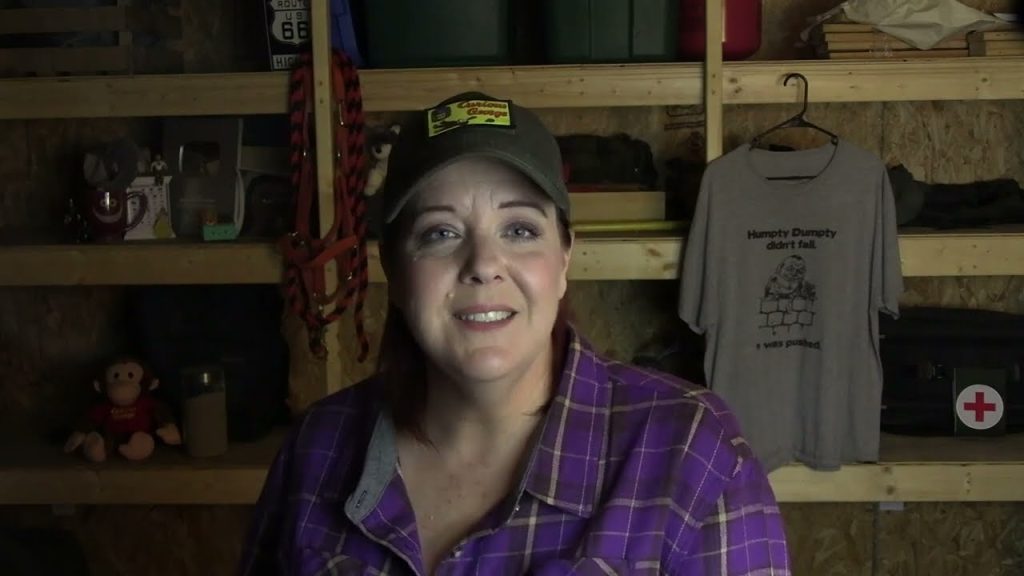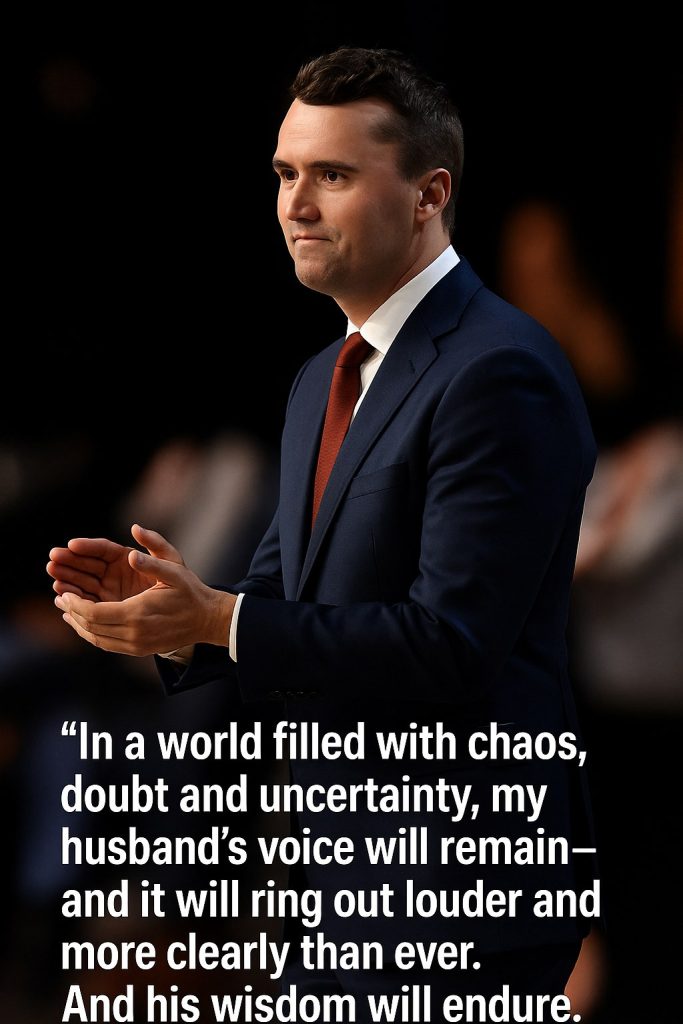In the landscape of American politics, few subjects ignite debate quite like the national economy. The video titled “Let’s talk about Trump vs 100s of economists and the Fed…” highlights an ongoing clash between Donald Trump and a multitude of economic experts, presenting a unique opportunity to explore the tensions between political rhetoric and economic theory.
This confrontation is not merely an academic exercise. It has significant implications for policies that shape the everyday lives of millions of Americans. Trump, known for his unconventional approach to governance and willingness to challenge established norms, has often critiqued the Federal Reserve (Fed), the central banking system of the United States. Under previous leadership, Trump frequently expressed frustration with the Fed’s decisions on interest rates, arguing that these policies stifled economic growth and hurt average citizens.
The Federal Reserve, along with numerous economists, typically advocates for measures aimed at stabilizing the economy, ensuring employment, and controlling inflation. Trump’s approach, however, has often been characterized by a more populist sentiment, suggesting that the complexities of economic theories are out of touch with the realities faced by ordinary Americans. This conversation potentially highlights a fundamental divide in how economic policy is perceived—between technocrats immersed in their data-driven analyses and political leaders who depict these policies through the lens of their constituents’ daily struggles.
Additionally, the political climate surrounding this discourse cannot be overstated. With crucial elections on the horizon, economic issues remain at the forefront of voters’ concerns. Trump’s straightforward, often incendiary remarks about the Fed and economists serve to bolster his connection with an electorate that is increasingly skeptical of traditional institutions. His position appeals to those who feel marginalized by complex economic discussions and policies that seem detached from everyday life.
As the nation grapples with ongoing inflation, labor market shifts, and a post-pandemic recovery, the discussion about the interplay between Trump’s views and the perspectives of hundreds of economists will undoubtedly be central to shaping policy debates going forward. The tension encapsulated in this ongoing dialogue reflects a broader struggle within American society about who gets to shape the narrative of our economy and how these narratives affect policy decisions.



